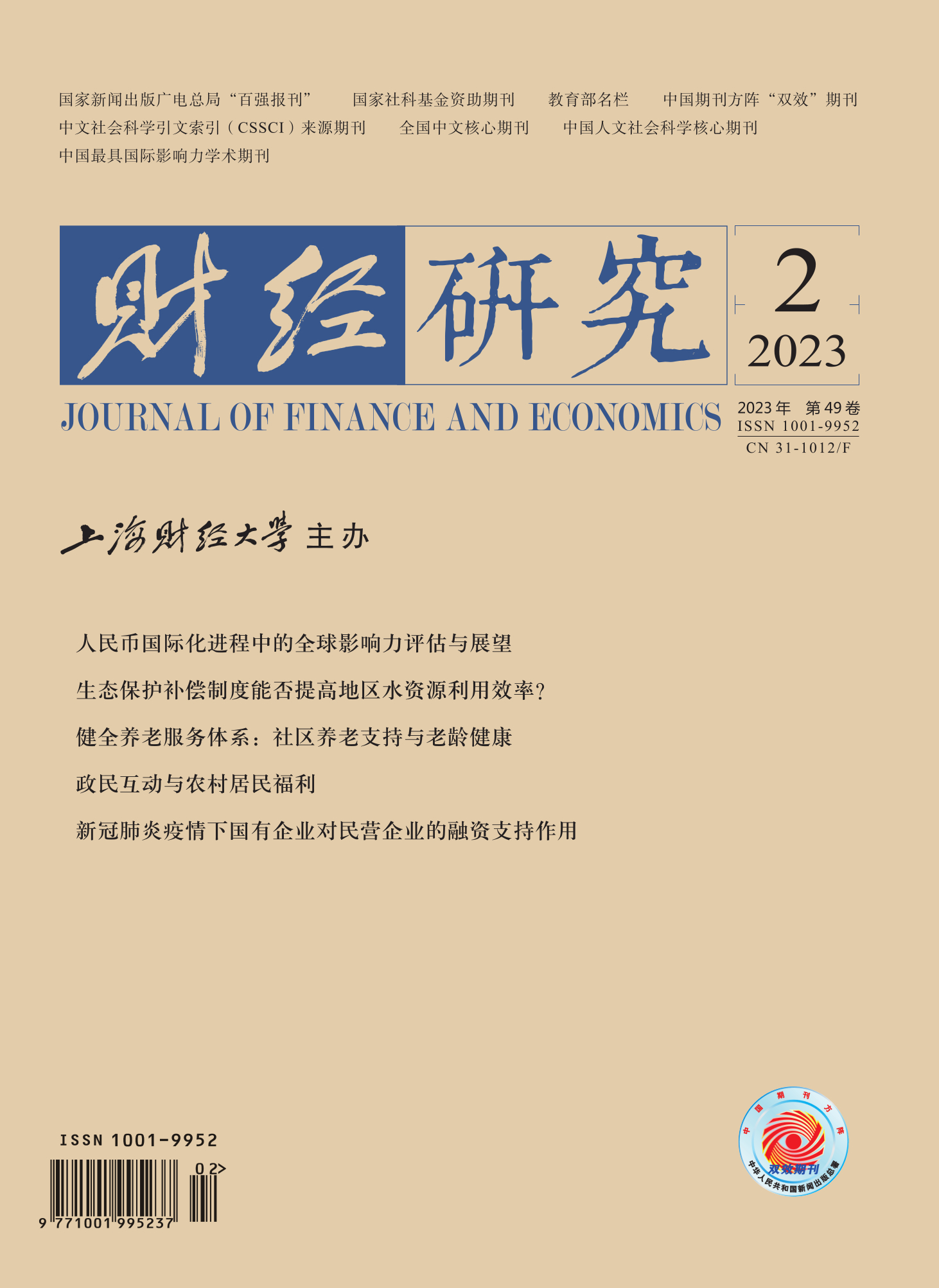China’s economic green transformation cannot be separated from the reform of water resource management. How to formulate policy tools that combine efficient markets and effective governments to improve regional water use efficiency is not only the need to balance the contradiction between water resource shortage and economic development, but also the need to promote the construction of ecological civilization. Water right pilot arises at the historic moment and is widely concerned by all sectors of the society. However, there is no consensus in the existing literature on the actual effect of water right pilot.
Based on the panel data of 285 cities in China from 2005 to 2019, this paper takes water right pilot as an example to study whether the ecological protection compensation system can improve regional water use efficiency. The results show that: (1) Water right pilot can improve regional water use efficiency, and this conclusion has passed a series of robustness tests. (2) Water right pilot improves regional water use efficiency by promoting technological innovation and water right transfer. (3) The pilot of right confirmation and registration and water right trading between industries and consumers are conducive to improving regional water use efficiency, while the pilot of water right trading across regions cannot effectively improve regional water use efficiency. The higher the level of financial development and water infrastructure, the more obvious the effect of water right pilot. There is a nonlinear relationship between the effect of water right pilot and the water resource endowment level. With the improvement of water resource endowment level, the effect of water right pilot gradually increases from not obvious. (4) Similar to water pollution control, the effect of water right pilot will be greatly reduced at provincial boundaries. That is, there is a border effect. This paper provides empirical evidence and policy implications for establishing and perfecting the national unified water right trading market and deepening the reform of ecological protection compensation system.
The marginal contributions of this paper are that: (1) It empirically tests the effect of China’s water right pilot on regional water use efficiency and supplements the effectiveness of empirical research on water right trading. (2) Based on Coase Theorem and Porter Hypothesis, and combined with the implementation rules for water right pilot, it clarifies and empirically tests the mechanism of water right pilot on regional water use efficiency from the two perspectives of technological innovation and water right transfer, and makes up for the deficiencies of relevant theoretical analysis and empirical testing. (3) Based on the actual construction situation of water right pilot in China, it notes that there is heterogeneity of pilot types and socio-economic characteristics in water right pilot. At the same time, combined with yardstick competition, this paper may be the first literature to find that the policy effect of water right pilot also has a border effect, and the research content is more comprehensive than the existing literature.





 3638
3638  2790
2790

